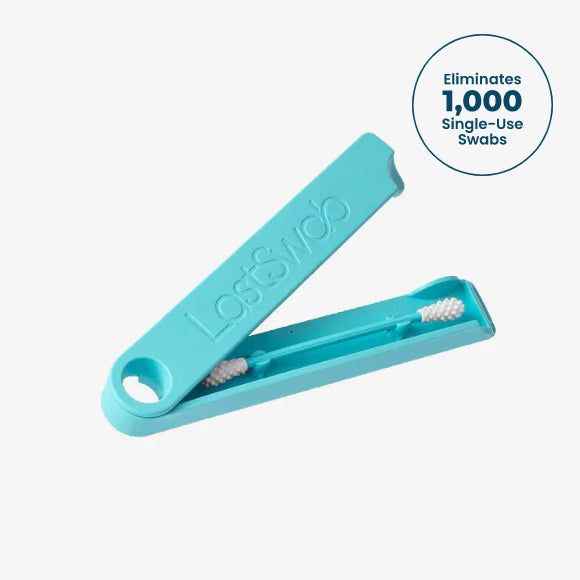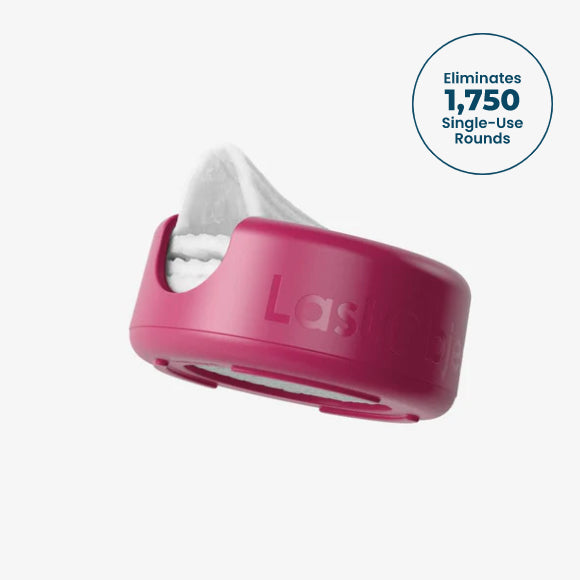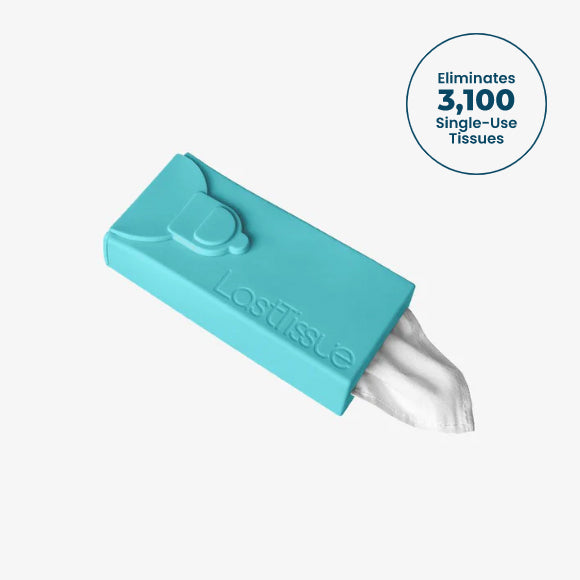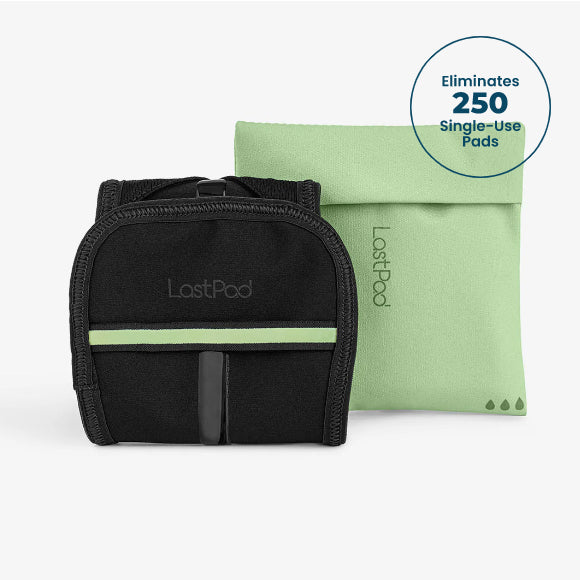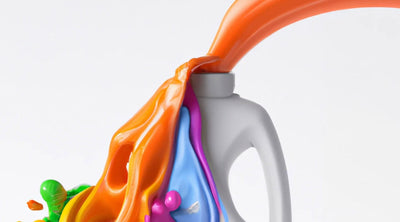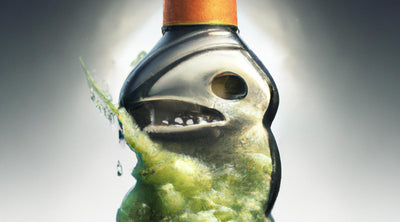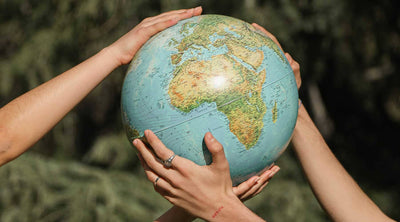The Future of Plastic Bans
december 18, 2020🚫The plastic ban.
Touted as the most effective way to beat pollution but also viewed by many as a government overreach. The question we’ll be answering won’t be whether or not bans should be enacted everywhere. We’ll determine, given the evidence we have, if plastic bans are the future of a sustainable world.🌏
As the EU plans to have most single use plastic phased out after the new year, many EU countries have already enacted several bans on different types of single use plastic. And even more have enacted plastic taxes to also encourage reusability.
🍴Several items will be included in the new ban which is set to take effect July 3, 2021, and single use cotton swabs are one of them! The commission says this will avoid “environmental damage that would otherwise cost €22 billion by 2030.” - EC.
This directive is also set to prevent 3.4 million tons of CO2 equivalent as well as save consumers €6.5 billion. It is clear that bans are well researched to be effective in reducing large spread pollution. But are they all we need to reduce our trash and footprint from stuff, or is it rather a part of a bigger system?
Are the alternatives always better?

With various single use 🌱bioplastics providing a way for places to stay single use, are they all that better? Bioplastics, as we could assume or already know, are made from plant fibers. And as many of us know, or will now know, plants aren’t grown very sustainably these days. With pesticides, chemicals, soil degradation, and biodiversity loss, plants aren’t necessarily an eco friendly material.
Reusable bags also still have a footprint. Many of them are still made from plastic, even more plastic actually! Which means an even bigger footprint. Also, natural fibers like cotton can suck up a lot of resources such as water, energy, or land as well. It starts to get pretty messy if people are buying a bunch of reusable bags and either lose them or forget to use them.
However, that 👣footprint is of course negated the more and more we reuse our bags.
The drawbacks to alternatives which aren’t covered in plastic bans can be widely negated as long as we switch to a reusable version, and use that version many many times. And better yet, use what we already have!
Are bans the path for every country?

The EU hasn’t enacted these guidelines for the entire world to follow, that goes without saying. 🗺It would be great however, if these guidelines provide a blueprint for other countries to follow suit, but it will have to be made to fit their own needs.
When looking at the 🇺🇸US, much of the country's regulation is very state and locally run, and then once states are mostly in agreement, federal level regulations tend to be passed. With several exceptions of course.
Several states and many cities have already enacted plastic bans or fees, and many of them are seeing amazing results, just as other countries and cities have around the world.
After just a seven cent fee for plastic bags was enacted in Chicago IL, plastic bag use was cut in half, the number of people bringing reusable bags almost tripled, as did the number of people who didn’t use a bag at all.
Barriers to bans

In several US states there are actually preemption laws, which is basically a ban on bans. These states legally prevent cities or counties from banning various single use plastics. However, in states such as Florida or Colorado, the state government is allowing cities to go through with these actions anyways.👍
Usually regulation on industries, especially powerful ones like plastic, takes time. Time that arguably we don’t have much of in regards to the planet. A unique case is the EU who went from proposal to finalized in a record two years. This time frame isn’t as common for most countries passing such modern and defining regulations.
This is why fees can actually be a great alternative to bans. In places that face a lot of worry about fewer choices, the choice is there...but fees simply allow for the consumer to begin to pay for the true cost associated with plastic.
Industry can help during the lag time

Particularly in areas where industry has a lot of power slowing government down, alternative industries can also provide solutions to what consumers are already demanding.
Consumers are begging for better. They want reusable alternatives. No one likes seeing the trash of our daily lives on the streets, or in the 🐟natural environment. People do like the beauty and simplicity of say, a reusable cotton swab as opposed to a box of single use ones.
All over, we are seeing companies creating products that are more in line with people’s values, as well as the environment.🌿 These products will bridge the gap while certain areas wait for governments to be aligned with their populations, and they will also provide alternatives that fit within the new standards created by recent laws in various countries.
We at LastObject are honored to be a part of that movement of businesses who provide products which fit into new regulation, whether it be implemented now or in the future. Together we can create a greener world, whether it be by governmental consensus, or simply individual choice.
MORE Sustainability 101 ARTICLES View all ›
Ready to make
the switch?
- Powerful Cleaning
- Dissolves Easily
- Skin-Friendly
- Eco-Friendly
- No Mess





